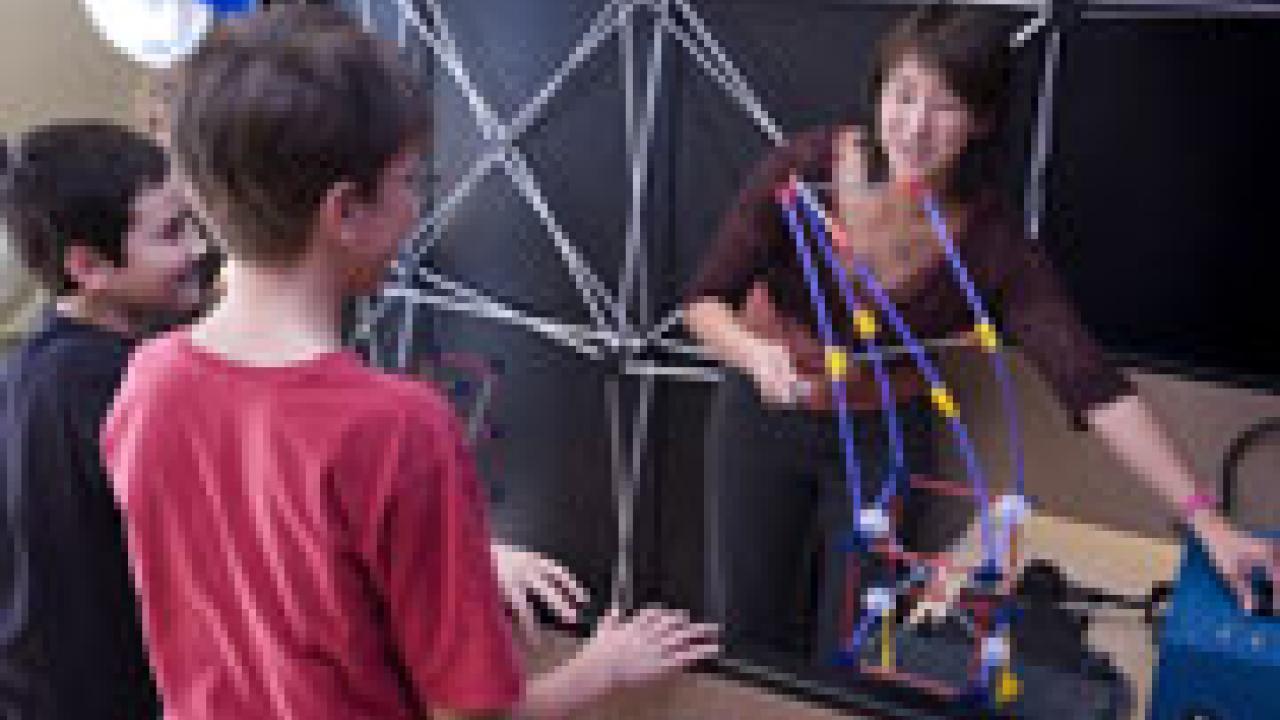'Good news' on leukemia factor
UC Davis Cancer Center researchers reported progress in understanding why some patients beat one form of cancer after treatment with topoisomerase II inhibitors, then develop a second cancer, leukemia. The study is in the journal Leukemia, in print and online, www.nature.com/leu/about.html.
The researchers said topoisomerase II inhibitors do not directly cause leukemia — and suggest that preventing therapy-induced leukemia may be possible. Topoisomerase II inhibitors goad cancerous cells into apoptosis, or programmed death. Andrew Vaughan, a radiation biologist at the cancer center and senior author of the study, suggested that therapy-induced leukemia may occur when some cells fail to complete apoptosis; instead, they survive in a mutated form that contains the leukemia-inducing MLL gene.
"The good news is that apoptosis is a well-understood and potentially correctable process," Vaughan said. "Through genetic or pharmacologic means, we may be able to manipulate the cells that survive chemotherapy to complete apoptosis and die — averting the development of leukemia."
Vascular Center established
The UC Davis Health System has a new unit that brings together a variety of specialists involved in the treatment of artherosclerosis, or hardening of the arteries.
Traditionally, surgeons, internists, cardiologists, endocrinologists and other physicians have concentrated on isolated signs of the illness. "Through collaboration, we will exponentially improve the care we can provide," said William Pevec, interim director of the new Vascular Center. He is chief of vascular surgery and a professor of surgery at the UC Davis School of Medicine and Medical Center.
Journal topic: Mad cow disease
Dean Bennie Osburn and Associate Dean Donald Klingborg of the School of Veterinary Medicine wrote the editorial overview that accompanies a report on mad cow disease in the October-December issue of UC's California Agriculture, a peer-reviewed journal.
For their overview, the veterinary school leaders discussed how UC scientists are contributing to efforts to better understand, monitor and control the disease: bovine spongiform encephalopathy, or BSE.
The journal is available online, http://CaliforniaAgriculture.ucop.edu. For a free subscription, call (510) 987-0044 or
e-mail calag@ucop.edu.
Media Resources
Clifton B. Parker, Dateline, (530) 752-1932, cparker@ucdavis.edu
